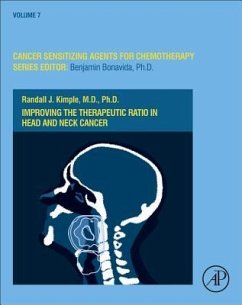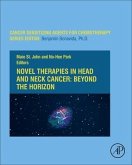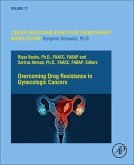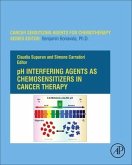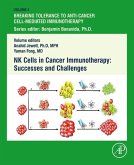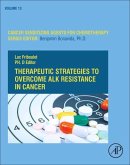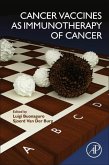Improving the Therapeutic Ratio in Head and Neck Cancer provides a complete review of current approaches to modulating therapeutic sensitivity in head and neck cancer. It presents a broad background of current approaches and by highlighting the potential for clinical translational, introduces a roadmap for how to move promising preclinical findings into the clinic.
The book discusses topics such as immunotherapy and molecularly targeted therapies in head and neck cancer, PI3k/mTOR pathway, autophagy inhibition to sensitize HNC to radiation and chemotherapy, TAM and Eph/Ephrin family proteins and metabolic reprogramming to modulate therapeutic sensitivity. Additionally, it details approaches to improve the response to immunotherapy, and Chk1/2 inhibition in radiation and cetuximab resistance.
This book is a valuable source to head and neck cancer researchers and advanced students, and to those studying specific approaches in other model systems and disease sites.
The book discusses topics such as immunotherapy and molecularly targeted therapies in head and neck cancer, PI3k/mTOR pathway, autophagy inhibition to sensitize HNC to radiation and chemotherapy, TAM and Eph/Ephrin family proteins and metabolic reprogramming to modulate therapeutic sensitivity. Additionally, it details approaches to improve the response to immunotherapy, and Chk1/2 inhibition in radiation and cetuximab resistance.
This book is a valuable source to head and neck cancer researchers and advanced students, and to those studying specific approaches in other model systems and disease sites.

